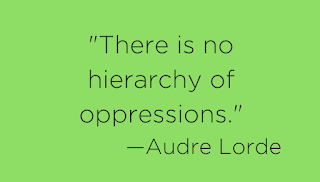Posts
Showing posts from 2019
No More Church Ladies Hugging Me Without My Consent 2020
- Get link
- X
- Other Apps
That Time BYU-Idaho Tried (and Failed) to Get Rid of Medicaid
- Get link
- X
- Other Apps
Having Healthier Conversations about Fertility in the Church
- Get link
- X
- Other Apps
Exploring the New Temple Recommend Interview Questions
- Get link
- X
- Other Apps















